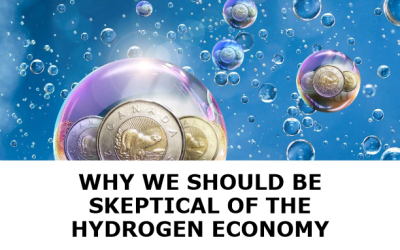Poverty has been one of public policy’s central buzzwords for four decades in Canada, but remains a slippery concept when one looks below the rhetorical surface. A discussion paper released today by the Frontier Centre for Public Policy puts in stark relief several questions that all journalists and members of the public should ask when confronted by poverty statistics.
Most come from Statistics Canada, which has said itself that it is not in the business of measuring poverty.
“There should be question marks over what kind of measurement is being used when poverty is discussed.” Says the papers author. “Measuring poverty is a bit like measuring intelligence. It’s a slippery and abstract concept, and often the statistics that emerge are as much a reflection of the measure being used as they are of people’s actual living standards.”
There are important distinctions between relative poverty, a measure of wealth compared to others, and absolute poverty, a measure of whether a person can afford particular goods and services. There is a second distinction between measuring income versus measuring expenditure or consumption. Income is not a reliable measure; there have been surprising but common cases where income bears no relationship to actual living standards.
“The danger,” says Seymour “is that by using poor measurement we lose focus on poverty. Without good measurement we risk transferring resources from other uses into expenditures that don’t solve poverty. For example according to some measures public policy can actually reduce ‘poverty’ not by improving the living standards of people in need, but rather by reducing the income of others. I think most Canadians would agree such a result is not only ineffective but also counterproductive.”
The paper does not seek to marginalise poverty or deny its existence, but rather to improve understanding of the imperfect science of poverty measurement so that anti-poverty policy can be better focused.


